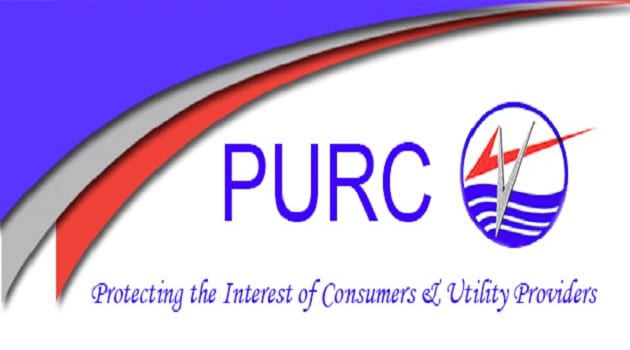The Director of Research and Corporate Affairs at the Public Utilities Regulatory Commission (PURC), Dr. Eric Obutey, has defended recent utility tariff increases, stating that consumers are still receiving value for money despite ongoing power outages and inconsistent water supply in various parts of the country.
Dr. Obutey has acknowledged the growing dissatisfaction among consumers but insisted that utility service providers are largely operating within the performance standards set by the Commission.
“There are clear benchmarks we use to monitor utilities, including system losses—both technical and commercial—along with the duration of outages per consumer. From our latest assessments, most of these benchmarks are being met, which indicates compliance from the service providers,” he stated.
Dr. Obutey’s comments come in the wake of mounting criticism from consumers who say the reality on the ground does not reflect the justification for recent tariff hikes. Complaints over erratic power supply and unpredictable water flow have intensified in recent weeks, with many Ghanaians questioning why they are being made to pay more for unreliable services.
In response to these concerns, Dr. Obutey explained that disruptions are often due to planned or unplanned maintenance, as well as inevitable equipment failures.
“These are machines. They will break down from time to time,” he said. “Planned maintenance is usually communicated ahead of time—anywhere from two hours to two weeks in advance. But when faults occur unexpectedly, companies may not have time to notify the public.”
He urged the public to understand the technical challenges associated with utility operations and reiterated the Commission’s commitment to ensuring service providers remain accountable.
Despite the reassurances, many citizens remain unconvinced, arguing that they continue to experience long and frequent service interruptions, especially in areas outside major urban centers. Civil society groups have also called for greater transparency in how tariffs are calculated and how utility companies invest the revenues collected.

